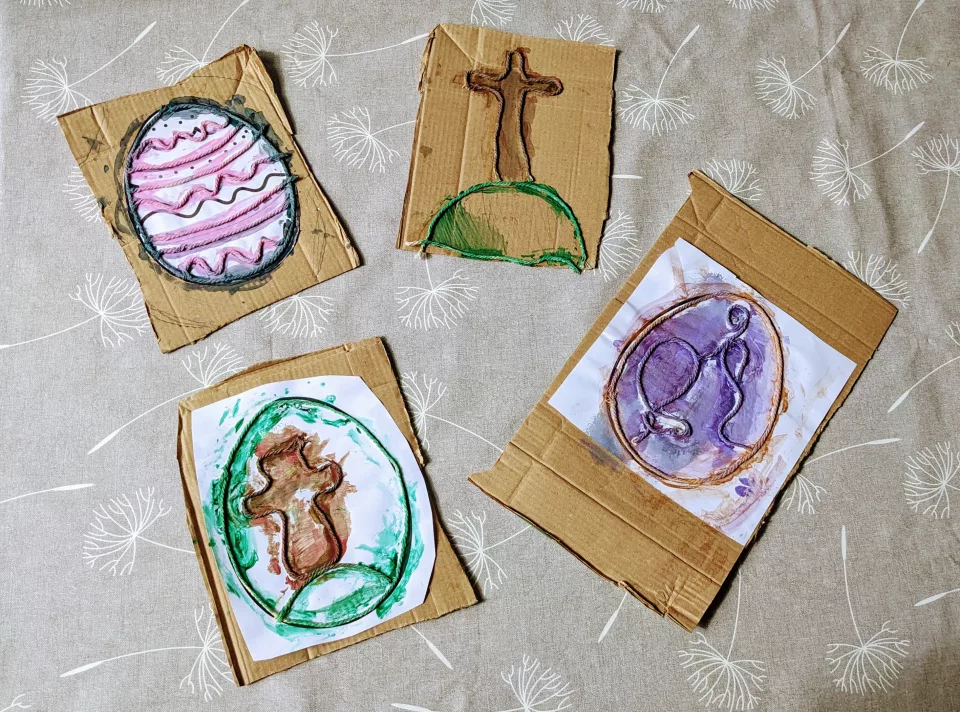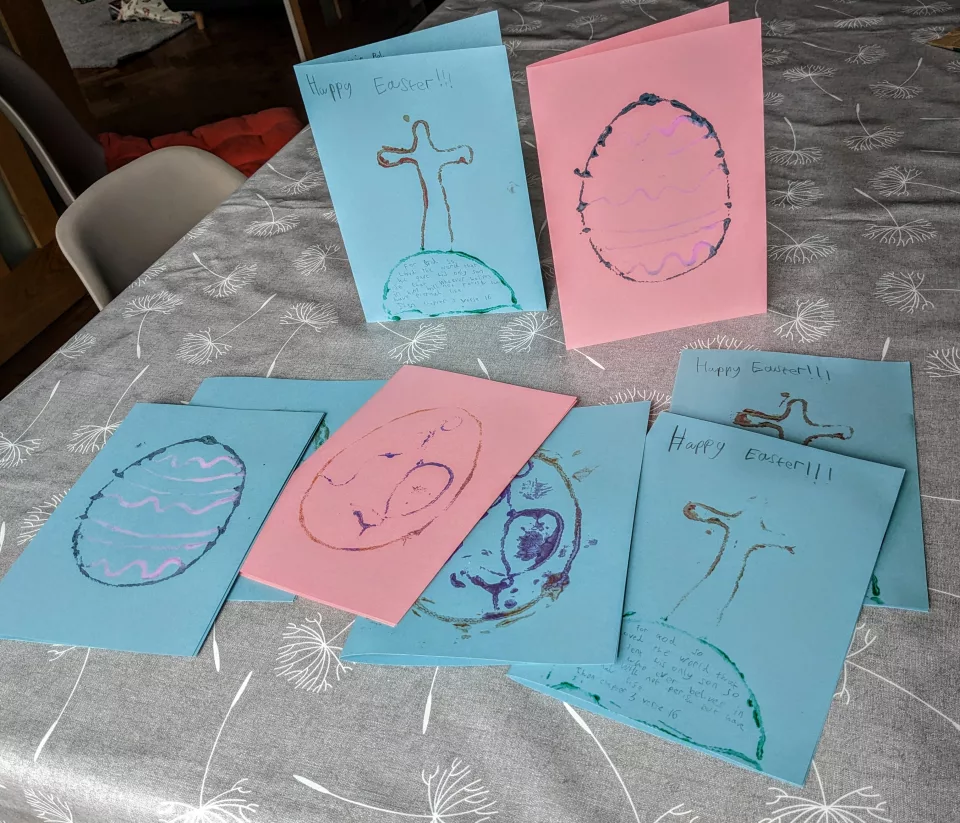
What’s in a Word: Sticks and Stones
If you followed the recent Wagatha Christie case, you will have seen how far a person might go, and how much they are willing to spend, simply to try and protect their reputation.
In a way, it is not that surprising, considering what it says in Proverbs 22:1 “A good name is more desirable than great riches; to be esteemed is better than silver or gold.”
Few things can be more beneficial, whether personally or professionally, than having a good reputation. To be trusted and well-regarded is far better than money alone.
Most people, if given the chance, will do their best to try and protect their own name. That is why Jesus shocked his captors so much, when he refused to defend himself, in the face of false accusations. He chose the cross and let his reputation, as well as his body, take the beating it never deserved.
Most of us though, would defend our reputation, especially if what is being said about us is false. However, are we as quick to protect the reputations of other people?
What we say about other people can have huge consequences.
There are times when just a few words can have the ability to enhance, or destroy, a reputation – like Colleen Rooney’s tweet.
However, there are also times our words can slowly ebb away at another’s reputation. In a similar way to how ocean waves can cut into rocky cliffs. It may not seem like much. The odd negative comment here, one or two repeated stories there, but, slowly, words can cut into a person’s good name and cause real damage.
The way we speak about other people is important to God. One of David’s Psalms tells us only those people ”whose tongue utters no slander, who does no wrong to a neighbour and casts no slur on others” will be able to enter into God’s presence. (Psalm 15:1-3)
I expect most people reading this blog are not likely to spread lies deliberately about other people. However, it is easy to repeat things about others that, whilst not completely untruthful, are misleadingly inaccurate.
For example, we might repeat an argument we had with someone, without telling the whole story about the part we played in the disagreement, i.e. making the other person come across as more unreasonable than they actually are.
Similarly, we can sometimes let ideas linger in our head that may not be founded in reality. We might think that someone gave us a bad/weird look and thinks ‘x’ about us. Or we might think that they have been ignoring us recently because of ‘y’. Truth can become skewed by what we think is going on, without us actually having full knowledge of the situation.
Maybe the sun was in their eyes, when they gave you that weird look. Perhaps they didn’t hear you, when you thought they ignored you. Or could they have suddenly remembered something vital that they forgot to do, when they cancelled on you for the second time!
If we then repeat to others, what we believe someone was thinking, we are likely to be guilty of spreading slander. In any event, even if you know for a fact that someone has done something ill-intentioned, does it bear repeating?
Revelation 12:10, describes the Devil as making accusations about others, before God, day and night. In contrast, Proverbs 17:9 says that “whoever covers an offense seeks love”.
There may be times when we must talk about the bad things another person has said or done – for example, if it is necessary to protect another person. Or, we may need to talk about it with a trusted person, in order to heal and move on.
However in both these circumstances, we ought to be very careful what we say and who we say it to, and ensure we are acting out of love.
How then can we get better at controlling our mouths, and refuse to speak badly about others?
Most of the words that we say start as thoughts. The mouth is just an overflow of those things that dwell in our minds and hearts (Matthew 12:34). So a good starting point would be to try and not dwell on the negative things others have said or done. At least, for no more time than is necessary to resolve the situation, if a resolution is needed.
Philippians 4:8 says, “whatever is true, whatever is noble, whatever is right, whatever is pure, whatever is lovely, whatever is admirable–if anything is excellent or praiseworthy–think about such things”. *
When we spend our time thinking about these things, we are much less likely to speak badly about others.
*To read more about Philippians 4:8 click here
Egg Stamp Cards:
This is a fun craft to do in the build up to Easter. Using twine to design your own stamps is a cheap and easy way to experiment with printmaking in art too.


You will need:
- Cardboard
- PVA glue
- Twine (or wool)
- Paint
- Cardstock
- Patterned egg template for younger children (We used the template in this lovely ‘Extraordinary Eggs Nature Unit Study’, currently free from Wildflowers by Sarah.
Instructions:
- Glue your template onto cardboard or draw a simple image onto the cardboard.
- Apply PVA glue to the lines drawn.
- Glue the twine over the lines and wait for the glue to dry.
- Once dry, paint the twine and print your pattern onto your cardstock. You may wish to test it on scrap paper first.
- Allow to dry and add text to the front of the card if desired.
2 Replies to “What’s in a Word: Sticks and Stones”
Dear Rebecca, thank you as ever for your thought provoking inquiries into specific perspectives – much love to you 🙂
You’re welcome, thank you for taking the time to read them! 🙂 Much love to you too x